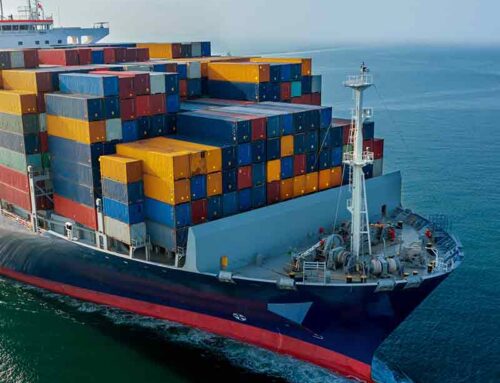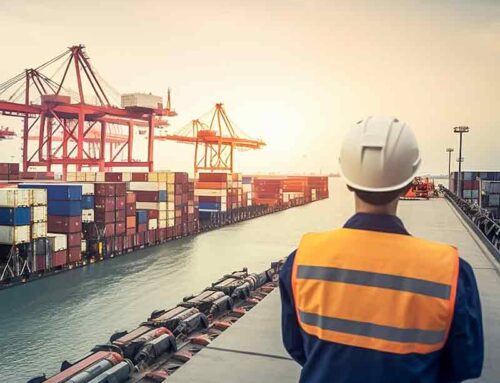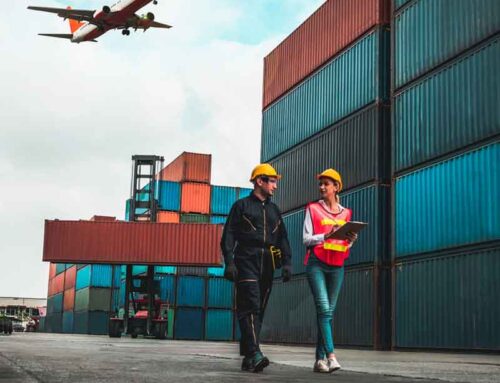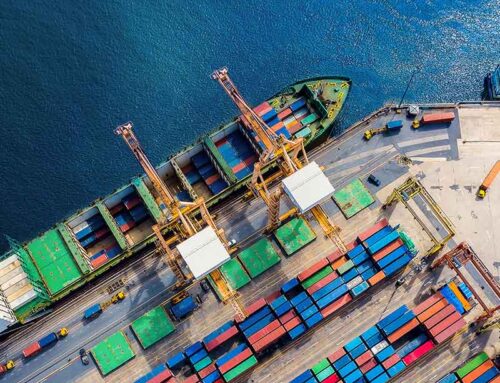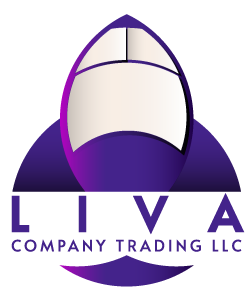Special project handling : Breakbulk cargo, Container Open Top, Flack
Rack, Reefer, cargo with extra dimension.
Rack, Reefer, cargo with extra dimension.
Break Bulk Cargo
Break bulk cargo refers to goods that are not containerized and are handled individually or in smaller units, such as crates, drums, or bags. This type of cargo requires specialized handling and loading techniques to ensure safe and efficient transportation.
Open Top Containers
Open top containers are designed for oversized or heavy cargo that cannot fit into standard containers. They have a removable roof, allowing cargo to be loaded and unloaded from the top. Open top containers are commonly used for transporting machinery, construction equipment, and other bulky items.
Flat Rack Containers
Flat rack containers have collapsible sides and no roof, providing a flat surface for loading cargo. They are ideal for transporting oversized or irregularly shaped
items, such as vehicles, boats, and machinery. Flat rack containers can be stacked on top of each other to maximize space utilization.
Extra Dimension Cargo
Extra dimension cargo refers to shipments that exceed the standard size or weight limits for regular containers. This type of cargo requires special
handling, equipment, and transportation arrangements. Extra dimension cargo may include oversized machinery, wind turbine blades, or large construction components.
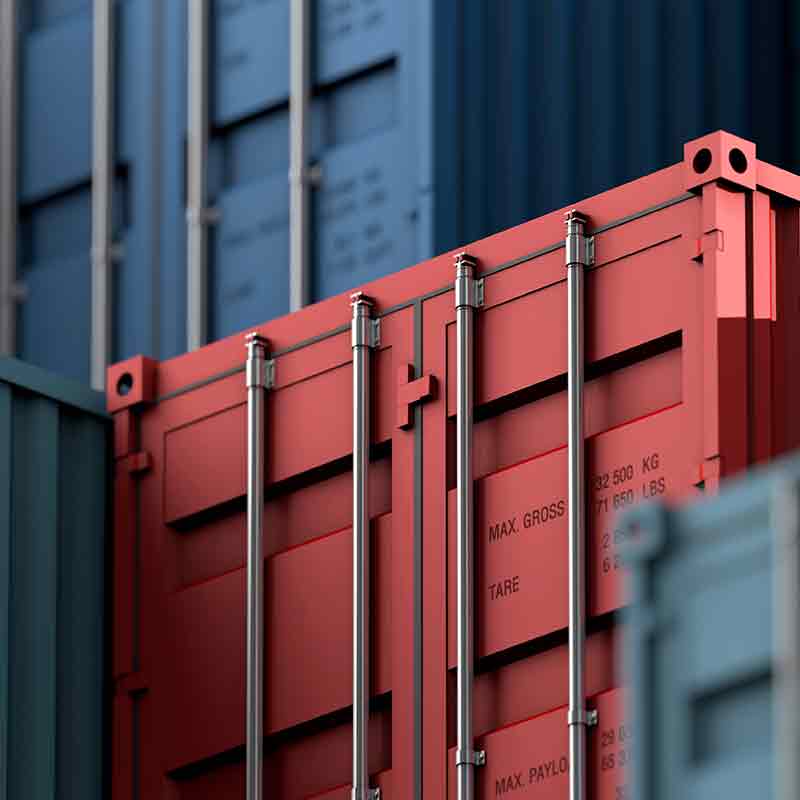
Challenges and Considerations for Special Projects
Special project shipments present unique challenges and require careful
planning and execution. Considerations include:
Loading and unloading: Specialized equipment and techniques are needed
to safely load and unload break bulk, open top, flat rack, and extra
dimension cargo.
Securing cargo: Proper securing methods are crucial to prevent damage or
shifting during transit.
Transportation: Selecting the appropriate transportation mode and route is
essential to ensure the safe and timely delivery of special project cargo.
Documentation: Accurate and complete documentation is required for
customs clearance and transportation purposes.
Insurance: Adequate insurance coverage is recommended to protect against
potential risks and liabilities.
Expertise and Experience
Handling special project shipments requires expertise and experience in logistics and transportation. It is advisable to work with reputable logistics providers who have the necessary knowledge, equipment, and infrastructure to manage these complex projects effectively.


